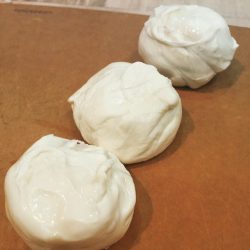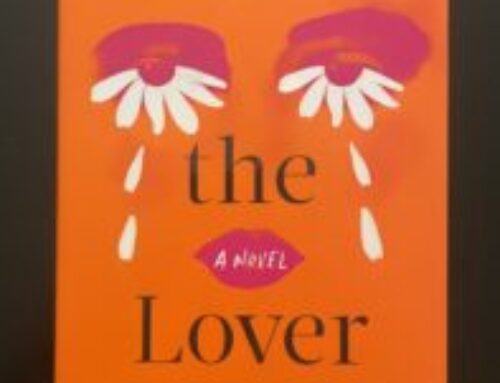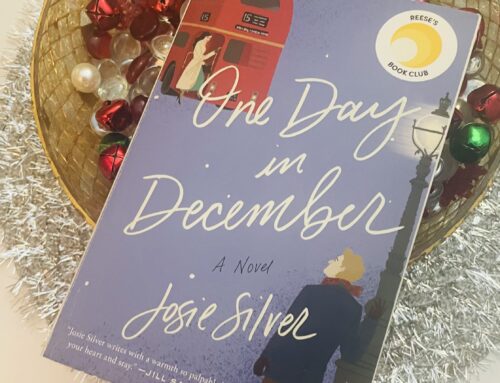 For a Wisconsin girl who has never met a cheese she doesn’t like—okay, maybe blue cheese when it’s used in abundance—learning to make fresh mozzarella was a dream come true.
For a Wisconsin girl who has never met a cheese she doesn’t like—okay, maybe blue cheese when it’s used in abundance—learning to make fresh mozzarella was a dream come true.
It wasn’t even too complicated once you found someone to sell you unpasteurized milk. Which our instructor informed us “wasn’t always easy.” But with our main ingredient secured, along with the rennet, making this glorious, melt-y delight involved a whole lot of, well, waiting.
But once we carefully formed the mozzarella goodness and tore it, still warm, to top a simple bowl of fettuccine with tomatoes, basil, and syrupy balsamic, we forgot all about how long the process took. We were proud of our cheese-making achievement.
So I know what you’re wondering…why does someone learn to make cheese on a Tuesday afternoon exactly?
I’m not planning on switching careers and regularly donning a plastic cap and booties that remind me of when I used to make stove-top Jiffy Pop (you Gen Xers will know exactly what I’m talking about—and if you need a scary introduction, just watch the original Scream.). I won’t be hitting the farmers market circuit with my cheesy creations (although that sounds kind of fun, actually).
I signed up to make cheese for research. Novel research, specifically.
When I wrote The Honorary Italians, the story of a motley crew of Minnesotans who escape the looooong winter by cooking and eating their way through all 20 regions of Italy without ever leaving town, it was important to me to have a hands-on understanding of how the important dishes were made so I could write about them convincingly.
So I learned to make mozzarella and ricotta from scratch. The secrets to a perfect risotto and gnocchi. How a big, glue-y mess of flour and eggs transformed into the pasta a proper Italian grandmother would serve.
I stretched pizza dough for the perfect Neapolitan pie. Formed cannoli shells around metal tubes before deep-frying them to perfect crispness. Made stock from scratch for a pot of comforting tortellini en brodo. I breaded chicken cutlets and eggplant and pan-fried them. I learned the easiest way to make a pie (crostada, anyone?) and how a frittata can become a catch-all for the produce left in your fridge.
Mostly, I discovered that a handful of really good ingredients prepared simply is why Italian food is so exquisite. And don’t forget the Parm. And olive oil. And in my case, garlic. After all, why only use one clove when you can use five?
How about you, dear reader? Would you enjoy making cheese on a Tuesday afternoon? What’s your all-time favorite Italian dish and why? Lastly, if you were writing a novel, what kind of research would be fun/interesting for you?






Leave A Comment